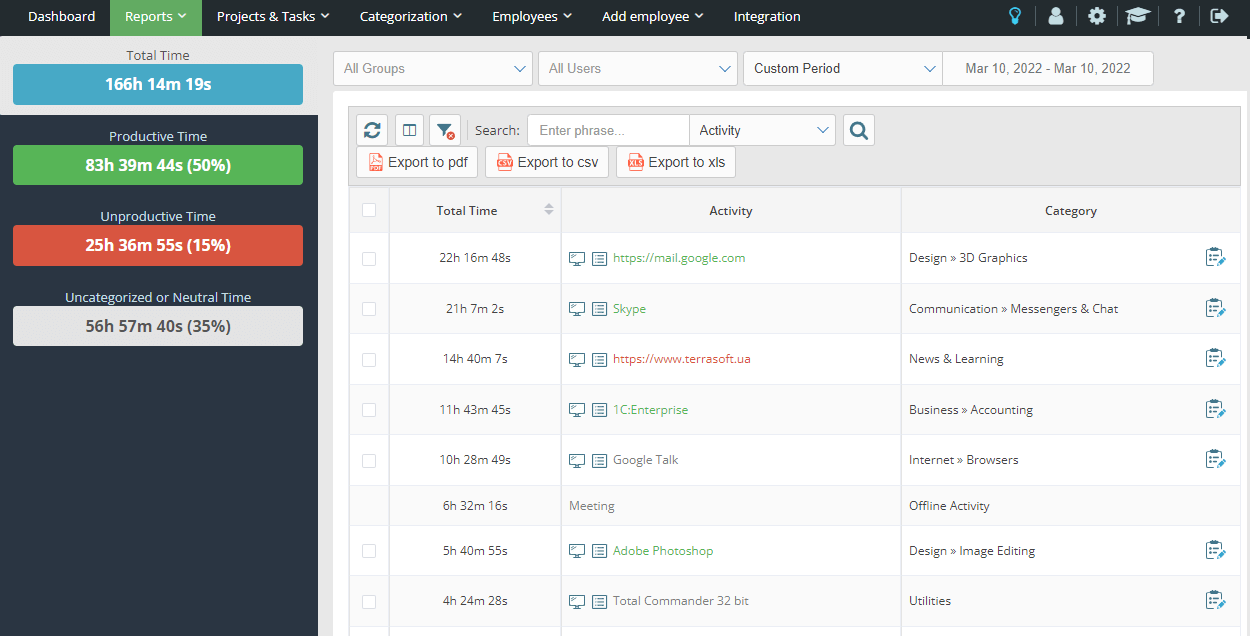Time optimization plays a crucial role in business management, influencing productivity, decision-making, and team performance. Effective handling of time directly impacts profitability and operational efficiency. By integrating time management strategies into daily operations, managers can ensure streamlined workflows and enhanced resource utilization. This article explores practical approaches to optimizing time for efficient management.
Understanding Time Optimization in Business
The Role of Time Optimization
Time optimization is not merely about completing tasks quickly, but about ensuring that every effort contributes meaningfully to business objectives. Leaders who allocate time effectively can prevent workflow bottlenecks, reduce meeting redundancies, and enhance project completion rates. This approach leads to fewer missed deadlines and a more motivated workforce.
Common Time Management Challenges
Managers often struggle with distractions, inefficient processes, and unclear priorities. Without proper time management, teams may face delays, miscommunication, and excessive workloads. Addressing these challenges requires the implementation of structured routines, technology integration, and clear delegation of responsibilities.
Key Strategies for Time Optimization
Prioritizing Tasks Effectively
Determining task urgency and importance ensures that critical objectives receive appropriate attention. The Eisenhower Matrix, for instance, helps categorize tasks into four sections: urgent and important, important but not urgent, urgent but not important, and neither urgent nor important. This method enables managers to focus on high-impact tasks instead of getting overwhelmed by minor details.
Leveraging Technology for Time Management
Utilizing digital tools for task tracking, scheduling, and team coordination enhances efficiency. Employee time tracking software, for instance, provides insights into work patterns, helping managers identify productivity gaps. Solutions like automated time tracking allow businesses to optimize workloads while minimizing administrative overhead.
Enhancing Efficiency Through Workflow Optimization
Minimizing Unproductive Meetings
Many organizations experience productivity losses due to excessive meetings. Establishing a structured meeting agenda and limiting duration can improve efficiency. Instead of lengthy discussions, concise stand-up meetings or asynchronous communication methods ensure that teams stay informed without hindering workflow.
Encouraging Delegation and Collaboration
Managers who delegate effectively foster a culture of accountability and efficiency. Assigning tasks to team members based on expertise prevents micromanagement and allows leaders to focus on strategic responsibilities. Encouraging collaborative tools and shared task management platforms further streamlines team efforts.
Structuring the Workday for Maximum Output
Implementing Time Blocks
Dividing the workday into dedicated time blocks helps maintain concentration and efficiency. Scheduling focused work periods without interruptions enhances deep work and accelerates task completion. Managers benefit from setting aside specific intervals for emails, meetings, and project execution.
Reducing Multitasking and Increasing Focus
While multitasking may seem productive, it often results in reduced efficiency and errors. Managers should encourage single-tasking by designing an environment that limits distractions. Defining clear objectives and focusing on one task at a time improves overall performance.
Practical Steps for Better Time Optimization
Building a Time-Efficient Routine
Developing a structured daily routine enhances consistency in task completion. Establishing a start-of-day strategy, tracking key performance indicators, and reviewing progress at the end of the day contribute to overall time efficiency.
Tracking and Analyzing Time Utilization
Comprehensive time tracking allows businesses to assess efficiency levels. By leveraging data-driven insights from automated tracking tools, companies can identify areas requiring improvement and implement necessary adjustments. Platforms such as Yaware assist organizations in optimizing daily performance.

Conclusion
Effective time optimization is fundamental to efficient management. By prioritizing essential tasks, utilizing digital tools, and refining workflow strategies, businesses can significantly enhance productivity. Implementing structured routines and tracking work patterns ensures that managers and employees maximize their potential. Strategic time management fosters a disciplined and high-performing organizational culture.

